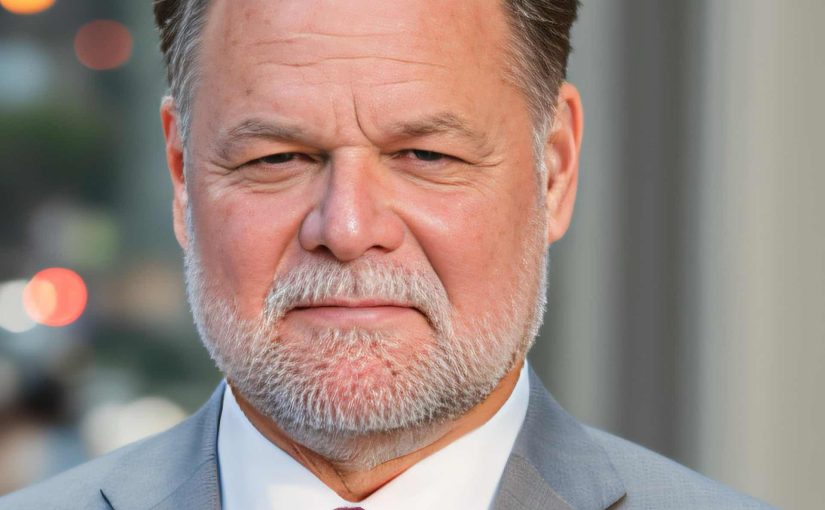 The key to a deeper message in Terumah, or Offering, is the phrase:
The key to a deeper message in Terumah, or Offering, is the phrase:
“They shall make for me a sanctuary that I shall dwell among them.”
The people bring contributions, or offerings, of precious items, Gold, Silver, copper, spices and gems, wool, animal skins, olive wood- precious materials- they bring so much that Moses needs to ask them to stop bringing any more. And then, they proceed to build an elaborate Mishkan, a Home for God to dwell amongst the people. This comes after two previous Parshiot discussions on the Ten Commandments and the Mishpatim, the details of the laws, and notably the application of Law without bias, that create a civil society as the people coalesce into a nation.
This has modern implications—not that any of you need to bring some olive wood to work or offer your wedding bands for ornamentation.
It IS about embracing the idea that this was to be a nation of Laws sanctified by God’s presence. People actively accepted this covenantal relationship with God and the law’s central importance so they could live together. The idea that the Mishkan could be readily moved from one location to another– that there was portability means that the law went wherever the people were. And it was the same law whether they lived in the desert of the Midbar or the Promised Land.
We are currently struggling with the notion that we are a nation of laws. For some, the law is just only when it rules favorably for them and unjust when it does not or even limits what they want to do. Trust in the system has been the bedrock of the national and local judiciary. The dedication to the ideal of serving justice, although not always lived up to it, was still the notion that kept our faith in the judicial institutions. This is evidenced by the enforcement of rulings of law by another branch of government operating in support of this institution. The erosion of trust, the questioning of authority, and the attack on judges and institutions all seriously undermine the capacity of the courts to hold civil society together. The other branches of government have been held in check in a system expressly set up to keep guardrails in place when other branches of government step too far outside their lanes.
The system is flawed and has much room for improvement. Equitable application of the law for all is not a practical reality. An overwhelmed court system struggles to seek and deliver justice. Although “efficient,” Plea deals often deny justice for the poor, and outcomes are too frequently based on the accused’s ability to hire the best legal representation. The jury system is under pressure since serving is often seen as a burden rather than a responsibility and privilege of citizenship.
As Lady Justice depicts, the court should be a special and sacred place where justice is dispensed based on the merits. However, the system seems to be abused by the wealthy and against the poor. A lack of civics education contributes to a population that is unappreciative of its importance in maintaining civil society.
We need capable courts that enjoy the full support of the people. Although our system is resilient, it can only tolerate so much stress. As the new nation birthed at Sinai, our nation and government require its people from which to derive its legitimacy and also shine as a beacon to the world. Our challenge is to imbue society with the embrace of the courts as a foundation for our way of life. We must ensure jurists are seen as above reproach and incorruptible and that the dispensing of justice and the enforcement of the court’s rulings is done so that a nation of laws believes in this sacred covenant, maintaining a vibrant, healthy society.
 Take a moment to give thanks for the many blessings we have; many result from those who gave their lives defending American ideals. We remember them with reverence and hope that we do the work necessary to keep those ideals alive so that their deaths will not have been in vain and future generations might not have to die defending them.
Take a moment to give thanks for the many blessings we have; many result from those who gave their lives defending American ideals. We remember them with reverence and hope that we do the work necessary to keep those ideals alive so that their deaths will not have been in vain and future generations might not have to die defending them.







